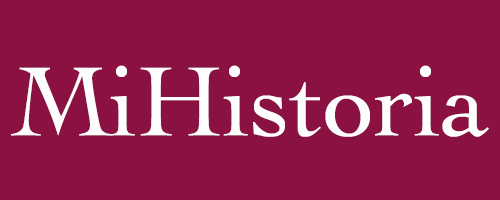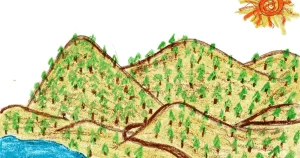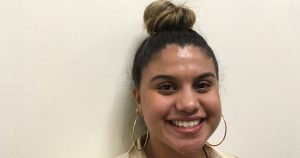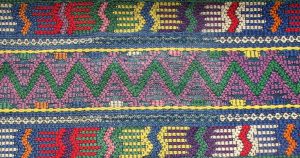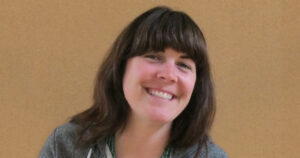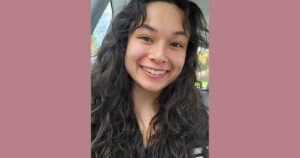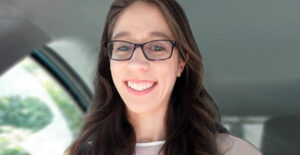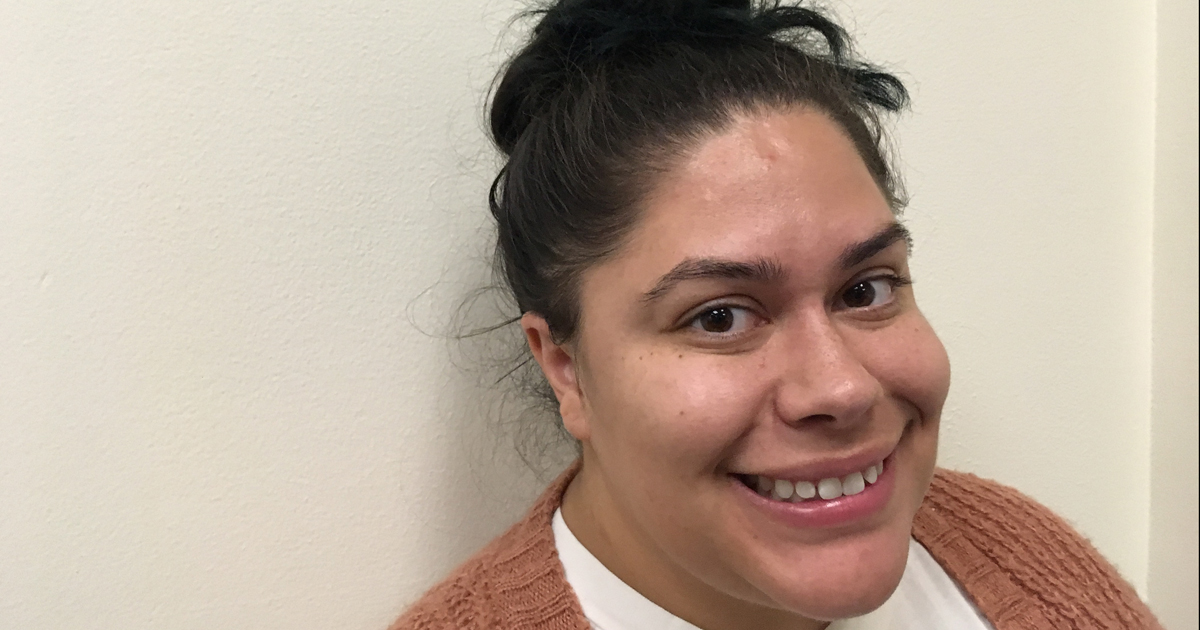
The search for belonging was always a dead-end street. Much like the classic universal monsters of Frankenstein or the Creature from the Black Lagoon. Always an oddity and sideshow attraction, but never accepted. Always neither here or there, never white enough, and never Latina enough. This double consciousness is an asset, not the latter. I see this more now as I navigate through life; all the things shared within the autobiographical text are scattered yet compartmentalized; the fray that binds me to the Navy, the monsters that gave me comfort, the graduation cap of opportunities and hope, and my family and friends now living in San Diego. I see the borderlands are as unique, and I see myself within them, because these lands understand those feelings of being in mendable, an open wound. These borderlands within me transcend the geographical one, and I carry them within myself; geographically, mentally, spiritually, and the intersection of all those things require me to fill in the cracks of memories, to heal them. Just as water connects, heals, destroys, and brings life I must fill these voids as fluidly as water can.
The memories of my past seemed scattered and pieced together upon first reflection, but coming back to it there is the realization that it was very compartmentalized. The brain has a way of doing that with memories, hiding and tucking things away not moving myself to fully mend those pieces. The trauma from society as a woman of color, family, and coping mechanisms force a compartmentalization for survival. There was a realization that life occurred in three parts, childhood, Navy, and past Navy. And the language is malleable just like the memories. It can be shaped, hammered, and moved around when it seems impossible to put words to rising waters within my mind.
“I frequently find myself stopping and checking a calendar or doing math, to figure out when exactly the scenes that start to flash again in my head occurred.”
Like water these memories are now crashing around in my mind, like water on rocks. I feel a sense of urgency, that at all costs put it all down, and to tell what I can. It is as if multiple channels are trying to merge into the same body of water, like multiple voices, as if I am split. I am the product of an imperfect village: my mother Minerva, my father Marco, my abuelo Ignacio, and my abuela Adera.
My parents looked like two extras from the movie Scarface when they met: their parents having moved from Puerto Rico they were drawn to each other’s looks. My mother Minerva is a beautiful uncontrollable force of nature with enough hairspray to withstand high winds. Behind her infectious smile is a manic-depressive who sought comfort through drugs and alcohol, and a childlike version of myself in my memories continues to protect and care for her against my wishes. The waves she creates washes over those around her, preventing them from helping or healing from her, but she feels deeply for others, always wanting to feed and save them. She’s the good and the bad within me. I both honor and scorn her, she is my mother just as much as I am hers.
Storyteller Carissa Marie Carrasquillo-Figueroa did not provide a biography
